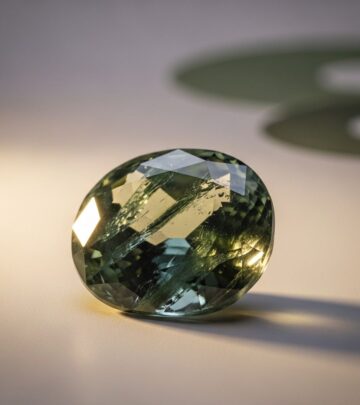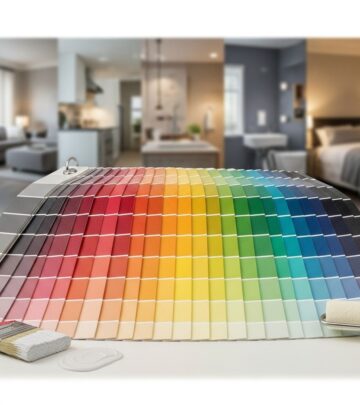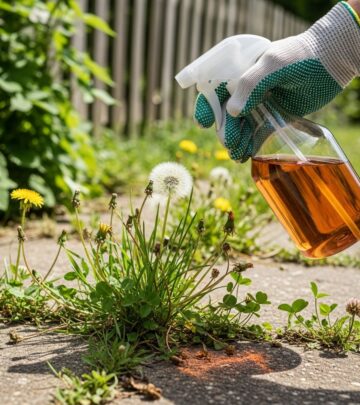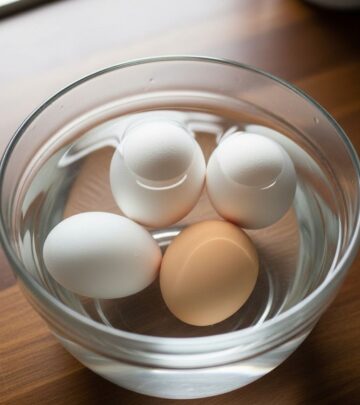How to Wash and Care for Towels: The Complete Guide
Extend the life of bath linens with gentle cycles and clever stain and odor solutions.
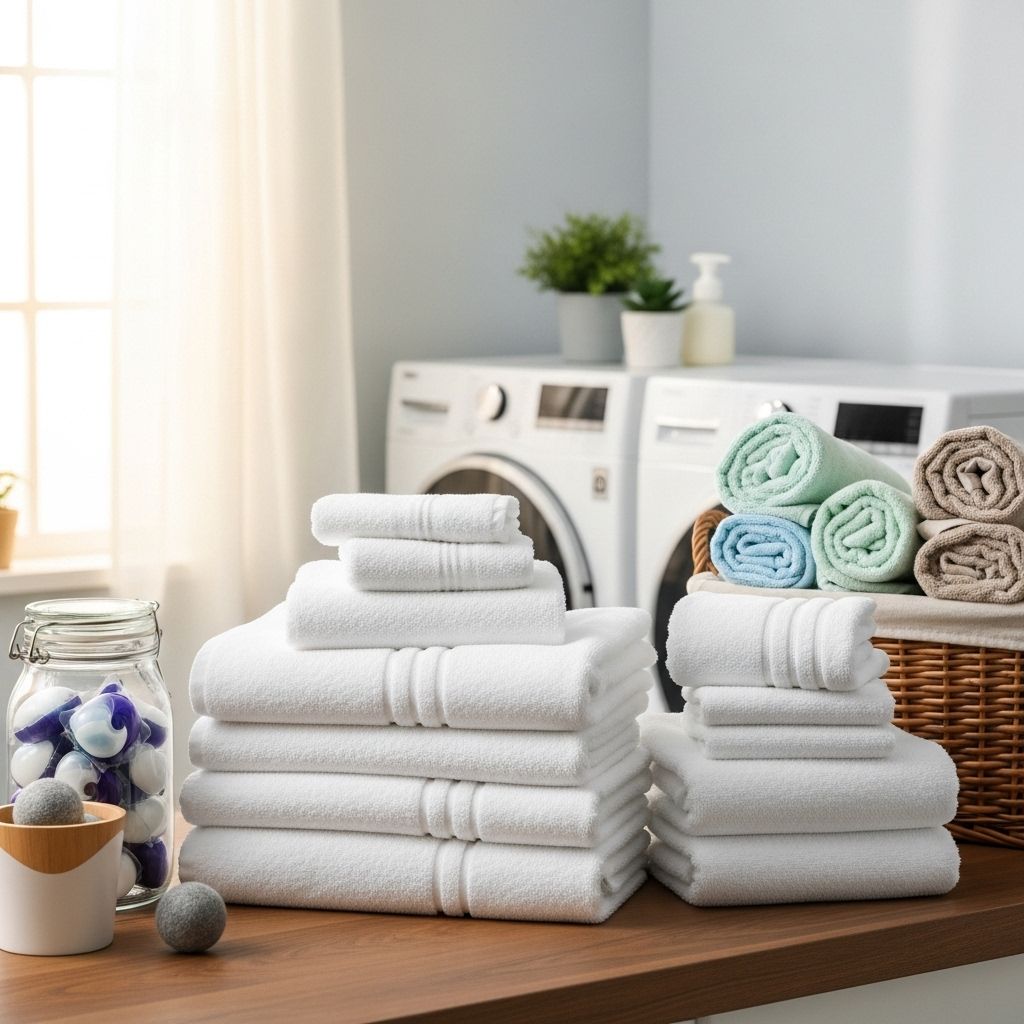
Towels are an essential part of everyday comfort and bathroom luxury. With regular use, towels can lose their absorbency, softness, and even begin to smell if not cared for properly. This comprehensive guide covers everything you need to know— from how often you should wash towels, the best washing and drying techniques, to expert tips for removing odors and stains. Follow these homekeeping strategies to keep all your towels looking and feeling like new.
Why Proper Towel Care Is Important
Washing and caring for towels correctly isn’t just about keeping them soft and clean. Proper care:
- Maintains hygiene by removing bacteria, sweat, and dirt.
- Preserves absorbency and prevents towels from becoming stiff or scratchy.
- Extends towel lifespan by protecting fibers against damage and color fading.
- Eliminates odors and prevents buildup of mildew, especially in humid climates.
How Often to Wash Towels
The frequency with which you wash your towels depends on their use and your household’s circumstances:
| Towel Type | Recommended Washing Frequency |
|---|---|
| Bath Towels | Every 3–4 uses |
| Hand Towels | Weekly or every 2–3 days (more often if used in busy areas) |
| Face Towels/Washcloths | After each use |
| Gym Towels | After every use |
| Beach Towels | After every use |
Consider washing more frequently if members of your household are sick, have allergies, or if towels are stored in damp, humid conditions that encourage bacteria and mold.
Washing New Towels Before Use
New towels should always be washed before their first use. Doing so will:
- Remove any manufacturing or chemical residues that may irritate skin.
- Help set the towel’s color and activate loom-fresh fibers.
- Enhance absorbency, as coatings applied during manufacturing can reduce water uptake.
How to wash new towels:
- Wash in warm water with a mild detergent.
- Avoid fabric softener during the first wash as it can impede absorbency.
- Wash towels separately to prevent lint transfer and color bleeding.
- Do not overload the machine: allow enough space for towels to agitate freely for a thorough clean.
Sorting and Loading Towels for Washing
Always sort towels before washing to prevent color transfer and residue buildup:
- Wash white/lighter towels separately from dark or colored towels.
- Separate heavily soiled towels (like gym or beach towels) from regular bathroom towels.
- Avoid mixing towels with clothing or garments that produce lint.
- Never overload the washer: a medium load allows for proper agitation and water flow.
Choosing the Right Water Temperature
The water temperature you use impacts cleanliness, color retention, and fabric integrity:
- White towels: Hot or warm water (ideally 60°C/140°F) helps remove germs and maintain brightness.
- Colored towels: Warm or cool water protects dyes from fading.
- Delicate or specialty fibers: Follow care label, using cold or warm as recommended.
Avoid boiling or excessively hot washes for delicate fabrics or towels with special finishes.
Choosing Detergent and Additives
Not all laundry detergents are created equal. When washing towels, consider:
- Mild or natural detergents are ideal for sensitive skin or luxury towels.
- Use biological detergent for very soiled towels; enzymes break down body soils and lotion buildup.
- Optical brighteners and bleaching agents keep white or pale towels bright, but should be used according to fabric care instructions.
- Fabric softener is not recommended, as it reduces towel absorbency and causes residue buildup. If you must use it, apply sparingly and only occasionally.
How Much Detergent Should You Use?
- Follow packaging directions—often less is more. Excess detergent can cling to fibers, making towels stiff or less absorbent.
- For most loads, use half the normal detergent amount to prevent residue and maintain fluffiness.
Expert Tips for Washing Towels
- Eliminate residue and odors: Periodically add a cup of white vinegar during the rinse cycle to remove detergent residue and brighten towels.
- Remove musty smells: Add half a cup of baking soda with your detergent to neutralize odors and refresh towels.
- Treat stains promptly: Pre-treat with an enzyme cleaner before washing.
- Avoid chlorine bleach on colored towels; use an oxygen-based bleach if needed for whites.
Selecting the Best Wash Cycle
Most towels benefit from a regular or normal wash cycle, which provides enough agitation to remove soils without excessive wear. For delicate, luxury, or decorative towels, use a gentle or delicate cycle to prevent fiber damage. Always consult the care label, especially for towels containing special trims or finishes.
How to Dry Towels for Maximum Softness
Proper drying is essential for maximizing towel softness and preventing mildew:
- Tumble-drying on medium or warm setting keeps towels fluffy and soft. Remove promptly at end of cycle to prevent over-drying.
- Shake towels before placing in the dryer to fluff fibers.
- Consider adding wool dryer balls to speed drying, reduce static, and soften towels naturally.
- If air drying, hang towels across a line or rack in a single layer. Avoid radiators, as excessive heat makes towels harsh.
Proper Towel Storage
Storing towels correctly keeps them fresh between uses:
- Keep towels folded in a warm, dry place, such as a linen closet or airing cupboard.
- Avoid storing towels in bathrooms where steam and humidity promote bacterial and mold growth.
- Ensure towels are fully dry before storing to prevent mustiness or odors.
How to Remove Odors, Stains, and Residues from Towels
- Odor Removal: Wash towels with a cup of white vinegar (no detergent) on a hot or warm cycle, then wash again with detergent. For persistent smells, repeat with baking soda.
- Stubborn Stain Removal: Pre-treat stains with an enzyme-based product or a paste of baking soda and water before washing.
- Residue Build-up: If towels feel stiff or lose absorbency, run an extra rinse cycle and reduce detergent usage long-term.
Tips for Extending Towel Life
- Avoid overloading the washing machine and dryer.
- Rotate towels so all are used and laundered evenly to prevent wear.
- Repair minor snags promptly—snip loose threads to avoid further unraveling.
- Follow care instructions for specialty towels (such as Turkish or bamboo towels) to avoid shrinkage or color damage.
Frequently Asked Questions (FAQs)
Q: Can I use bleach on my towels?
Bleach may be used on white cotton towels for disinfecting and brightening, provided the care label permits it. For colored towels or delicate materials, avoid bleach—use oxygen-based alternatives instead to prevent damage.
Q: Why are my towels stiff or scratchy?
Stiffness usually results from residue buildup due to excess detergent or fabric softener. Try washing towels with a cup of white vinegar (no detergent) to remove residue and restore softness.
Q: Can towels lose their absorbency over time?
Yes, frequent use of fabric softeners, build-up of detergent, or not rinsing fully can reduce absorbency. Stick to minimal detergent, avoid softeners, and add vinegar rinses as needed to keep towels absorbent.
Q: How do I prevent towels from smelling musty?
Always dry towels completely after washing, and hang to air after each use. Regular vinegar or baking soda washes can eliminate musty odors.
Q: Should I wash towels separately from other laundry?
Yes, washing towels separately, particularly from delicate or lint-attracting items, prevents lint transfer and protects towel fibers.
Final Tips for Long-Lasting, Luxurious Towels
- Stay consistent: regular washing and prompt drying keep towels at their best.
- Monitor for fading or fraying and replace towels as needed for health and comfort.
- Embrace a simple routine—your towels will thank you by staying fresh, fluffy, and wonderfully absorbent use after use.
References
- https://onsentowel.com/blogs/education/how-to-wash-towels
- https://www.goodhousekeeping.com/uk/house-and-home/declutter-your-home/a552619/how-often-should-you-wash-your-towels/
- https://riverbendhome.com/blogs/advice-ideas/bath-towel-care-guide
- https://www.matouk.com/articles/matouk-towel-care
- https://us.framacph.com/pages/towel-care-guide
- https://www.peacockalley.com/pages/towel-care-guide
Read full bio of Sneha Tete

